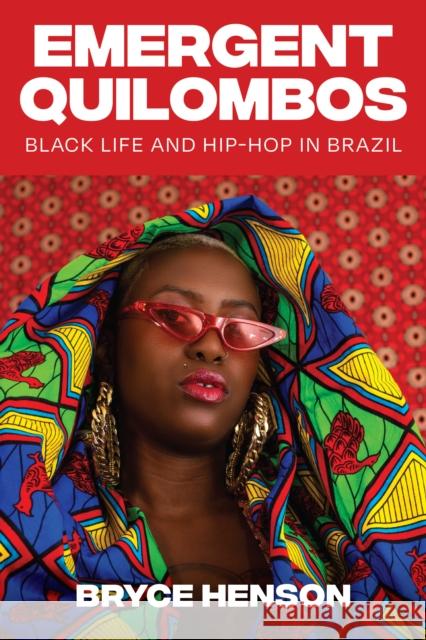Emergent Quilombos: Black Life and Hip-Hop in Brazil » książka
Emergent Quilombos: Black Life and Hip-Hop in Brazil
ISBN-13: 9781477328101 / Angielski
Emergent Quilombos: Black Life and Hip-Hop in Brazil
ISBN-13: 9781477328101 / Angielski
(netto: 117,83 VAT: 5%)
Najniższa cena z 30 dni: 123,95 zł
ok. 22 dni roboczych.
Darmowa dostawa!
How disenfranchised Black Brazilians use hip-hop to reinvigorate the Black radical tradition. Known as Black Rome, Salvador da Bahia, Brazil, is a predominantly Black city. The local art, food, and dance are closely linked to the population’s African roots. Yet many Black Brazilian residents are politically and economically disenfranchised. Bryce Henson details a culture of resistance and activism that has emerged in response, expressed through hip-hop and the social relations surrounding it. Based on years of ethnographic research, Emergent Quilombos illuminates how Black hip-hop artists and their circles contest structures of anti-Black racism by creating safe havens and alternative social, cultural, and political systems that serve Black people. These artists valorize and empower marginalized Black peoples through song, aesthetics, media, visual art, and community action that emphasize diasporic connections, ancestrality, and Black identifications in opposition to the anti-Black Brazilian nation. In the process, Henson argues, the Salvador hip-hop scene has reinvigorated and reterritorialized a critical legacy of Black politicocultural resistance: quilombos, maroon communities of Black fugitives who refused slavery as a way of life, gathered away from the spaces of their oppression, protected their communities, and nurtured Black life in all its possibilities.











